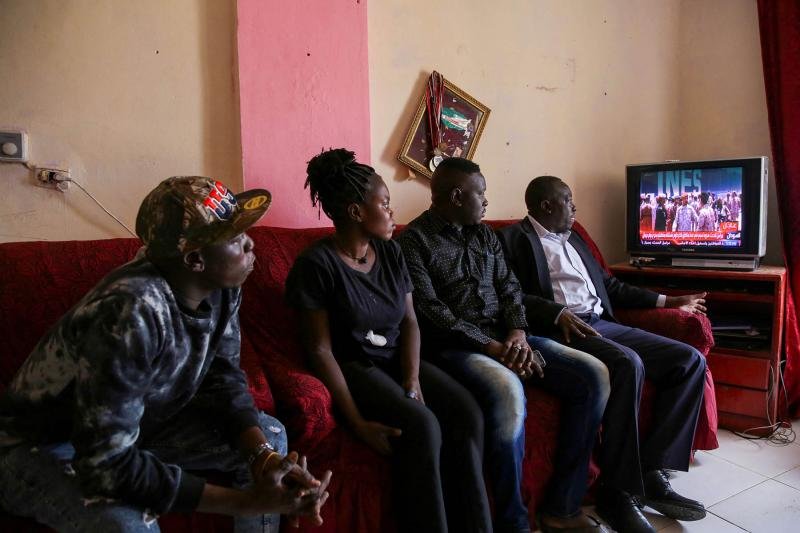Pan-Arab TV Stations Suspended in Sudan Amid Growing Diplomatic Strain
Sudan has suspended three pan-Arab TV stations, citing “unprofessional reporting and harmful publishing” as the reasons behind the decision.
The stations affected include Sky News Arabia, which is owned by the United Arab Emirates (UAE), and Al Arabiya and Al Hadath, both owned by Saudi Arabia. These networks have extensively covered Sudan’s year-long civil war.
According to Sudanese media, Information Minister Graham Abdel Gader stated that the suspension was prompted by the broadcasters’ failure to adhere to required standards of professionalism and transparency, as well as their neglect to renew their licenses. Additionally, Sky News Arabia’s suspension was linked to what was described as “harmful publishing” by the Paris-based Sudan Tribune.
However, both Al Hadath and Al Arabiya claim they were not officially informed of the suspension and assert that they regularly renew their licenses.
Tensions between Sudan and the UAE have escalated following accusations by the Sudanese army and Western media that the UAE has been supplying weapons to the paramilitary Rapid Support Forces (RSF).
The Sudanese Journalists Syndicate (SJS) has condemned the media suspensions, labeling them as a “clear violation of freedom of expression and the press.” The move raises concerns about the state of press freedom in Sudan and underscores the delicate balance between government oversight and journalistic independence.
The suspension of the three pan-Arab TV stations has raised significant concerns about press freedom in Sudan. The actions taken by the Sudanese government have been viewed by many as a direct violation of the principles of freedom of expression and the press.
The accusation of “unprofessional reporting and harmful publishing” by the suspended TV stations is subjective and raises questions about the government’s motives behind the suspension. Critics argue that such measures could be used to suppress dissenting voices and restrict access to information, especially regarding sensitive issues such as the ongoing civil war in Sudan.
Moreover, the lack of official communication with the affected TV stations regarding the suspension and the assertion by Al Hadath and Al Arabiya that they regularly renew their licenses raise doubts about the transparency and fairness of the decision-making process.
The strained relations between Sudan and the UAE, coupled with allegations of weapon supply to paramilitary forces, add a geopolitical dimension to the situation. It highlights the complex interplay between media freedom, international relations, and domestic politics in Sudan.
As the Sudanese Journalists Syndicate (SJS) rightly pointed out, the media suspensions underscore the need to safeguard freedom of expression and the press, which are fundamental pillars of democracy. It is essential for the Sudanese government to ensure that any actions taken concerning media organizations are in line with international standards of human rights and do not unduly curtail press freedom.
The ongoing situation emphasizes the importance of maintaining a vibrant and independent media landscape in Sudan, where diverse voices can freely express themselves and contribute to public discourse without fear of reprisal or censorship.



















